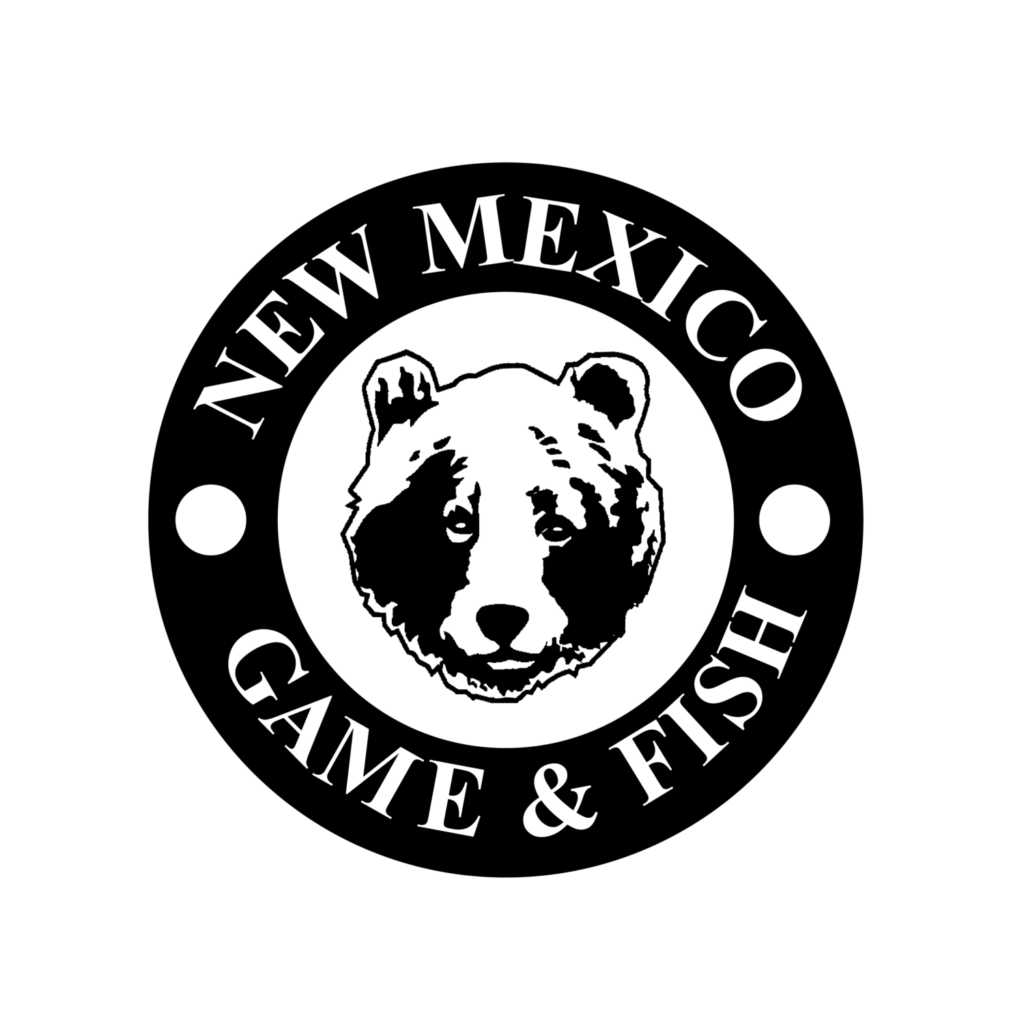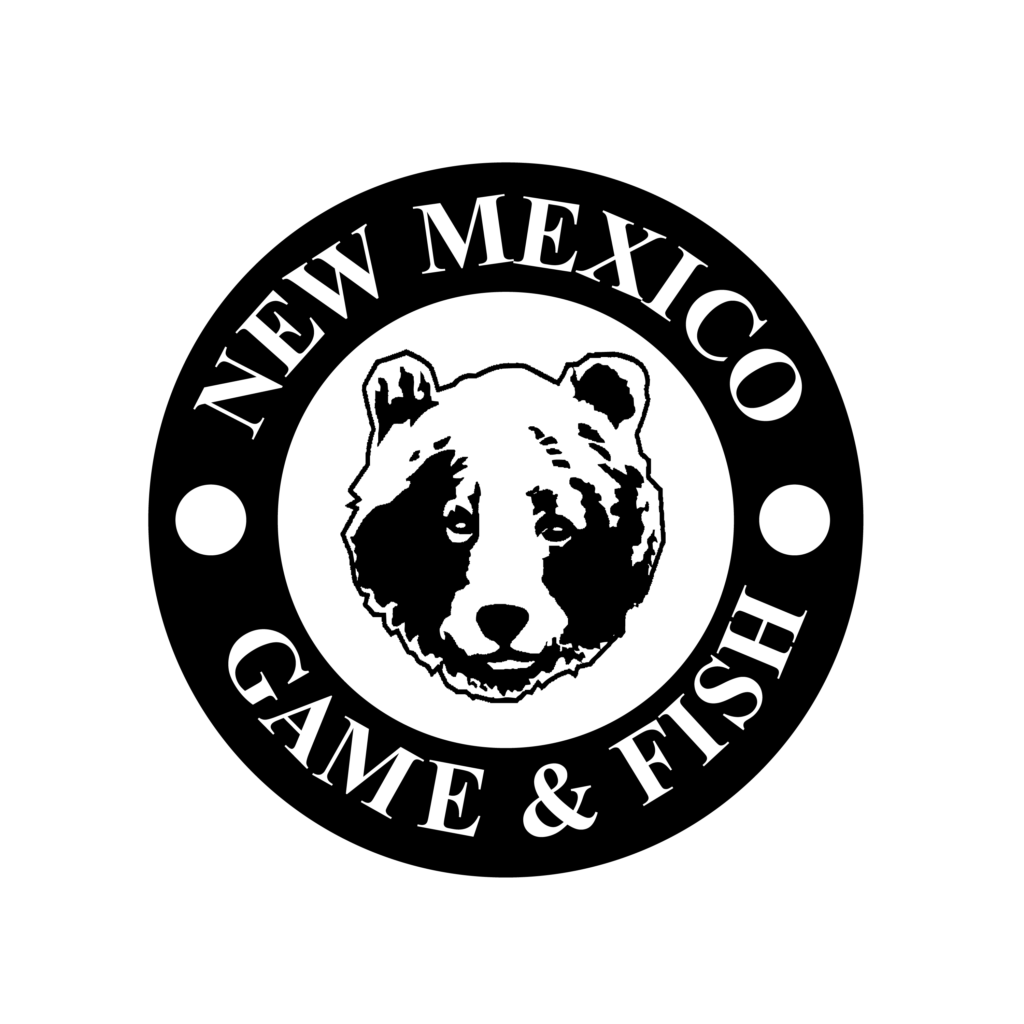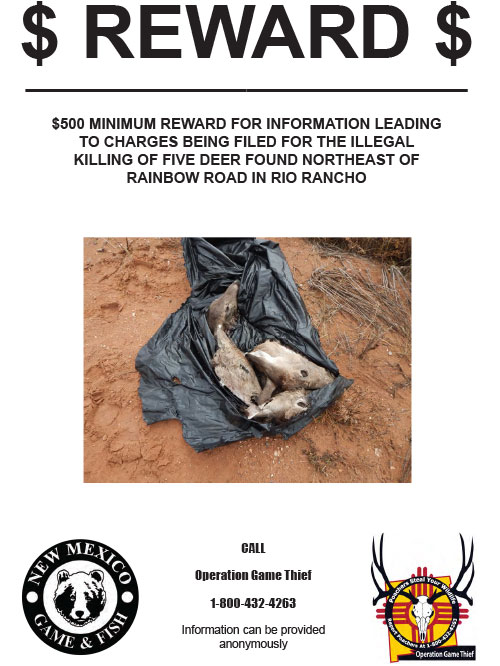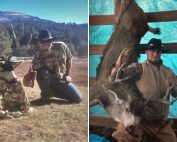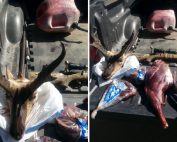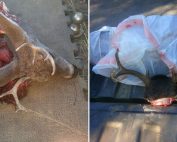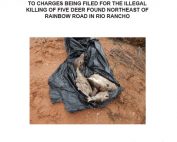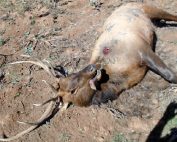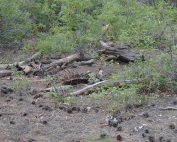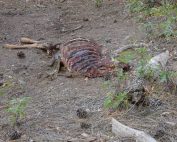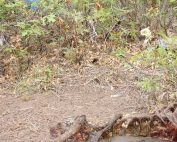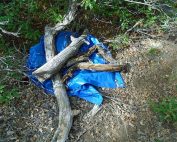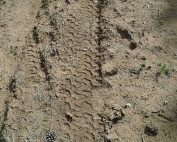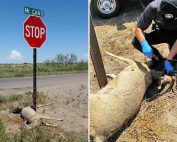Rewards are:
$750 for cases involving elk and bighorn sheep;
$500 for deer and oryx;
$350 for antelope;
$250 for turkey, bear, cougar, javelina, ibex, barbary sheep, endangered species, small game, fish, raptors and furbearers.
File a secure and anonymous report online:
Report a poacher – New Mexico (CLICK HERE)
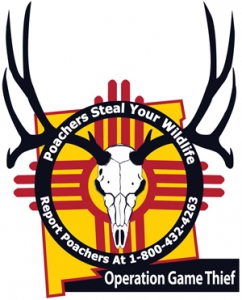
Cases Solved
State Supreme Court upholds $74,000 restitution owed in poaching case
New Mexico Department of Game and Fish Public contact, Information Center: 888-248-6866Media contact, Ryan Darr: [...]
Case solved thanks to Operation Game Thief call
SANDOVAL COUNTY - On December 07, 2015 an anonymous caller reported that Dalton Strain from [...]
Case of antelope poached in Hidalgo County solved
HIDALGO COUNTY - On October 10, 2015, Operation Game Thief took a report of a [...]
Case of poached Coues white-tailed deer solved
CATRON COUNTY - On November 9, 2015 an OGT report was filed of two Coues white-tailed deer [...]
Cold Cases
See more: Help Us Solve These Cold Cases
Department seeking information on elk poached near Tres Piedras
RIO ARRIBA COUNTY - On September 29, 2016, a bull elk was found on [...]
Department seeking information on a mule deer killed out of season
RIO ARRIBA COUNTY - On August 29, 2016 Sergeant Matt Anthony received a report of [...]
Poached deer tied to stop sign
Luna County – The Department of Game and Fish is seeking information on a [...]
Why Develop Such A Program?
A young man was hired to cover the state and give the appearance of violating New Mexico’s big game laws. He salvaged heads, hides and feet from hunting season discards and from road kills, then froze them to plant later as “evidence” of violations. Under a collector’s permit, he actually killed a few animals and put them to similar use. All his operations were conducted with the knowledge of only a very small number of people. Hardly anyone in the department knew of his existence, even fewer knew of his purpose. Armed with a large collection of deer parts, he then went about his task of placing simulations of poaching evidence throughout the state. The obvious intent was to determine how many of the simulated poaching events were reported to the department, even when the operative knew that the public had observed him.
At the conclusion of the research project, it was clear that the significance of the out-of-season deer kills was very serious, and was estimated in the neighborhood of 34,000 deer per year. Similar studies in other states produce comparable results and indicated that there were as many deer being killed illegally as there were being taken lawfully. While some of the simulations were observed, there were not as many detected or reported to the department as we would have liked. The operative attributed his success in avoiding apprehension to two primary things. The officers districts were too big, and they aren’t getting any help from the public.
How Does The Program Work?
The Operation Game Thief system is set up to accept calls 24 hours a day, 7 days a week, to make sure that we are available whenever someone has information about a wildlife law violation. If you are uncertain about whether or not the information should be reported, the best thing to do is make the report and let a Game and Fish officer sort out the problem. All calls are confidential and the reporting individual has the option of remaining anonymous.
- Anyone having information relating to a wildlife law violation can contact the Operation Game Thief hotline, which is toll-free within New Mexico at 1-800-432-4263, or submit an on-line report. All information about the incident is taken and the caller is assigned a code number;
- The information is relayed to an officer who immediately initiates an investigation;
- If a poacher is arrested or issued a citation on the basis of information provided by the caller, a reward is authorized;
- Rewards can be paid in cash, check or money order and the payment is arranged to protect the anonymity of the caller;
- Most wildlife enthusiasts don’t except the reward — they just want the criminals stopped!
The key to success and catching poachers is to report the information as quickly as possible. It is also helpful to give as much detailed information as possible. The following is a checklist which is helpful in providing the necessary information.
Operation Game Thief needs your support for continuing success. Your donation is tax deductible, and the money is used to pay rewards in wildlife cases and to promote the OGT program.
Make your donation payable to:
Operation Game Thief
P.O. Box 25112
Santa Fe, NM 87504
Annually the Operation Game Thief program pays between $8,000 – $10,000 in rewards, and its conviction rate exceeds 98%. Most cases involve big game, such as deer, elk, antelope, bear, cougar and turkey, but callers have also tripped up poachers taking overlimits of fish and game birds, killing raptors and illegally collecting endangered species.
The reward fund doesn’t use tax or license dollars. It comes from clubs, organizations, businesses and mainly, thousands of ordinary men and women who have chipped in from a few dollars to several hundred, showing their support for Operation Game Thief — and sending the poacher a message.
